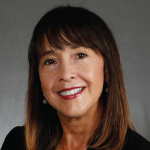I was driving to work one morning when I stopped behind a truck at a red light. The driver had placed several flashy stickers on the bumper and back doors. But what I was drawn to was a more commonplace sign: “How’s my driving? Call this number to give feedback.” It’s routine to find a…








